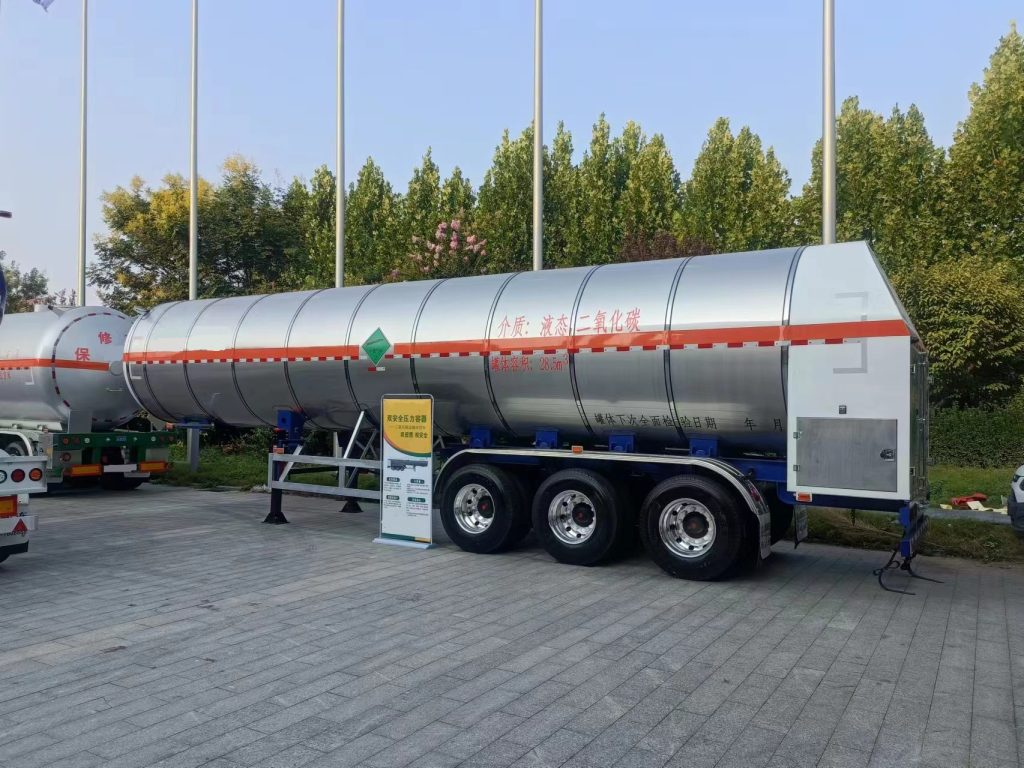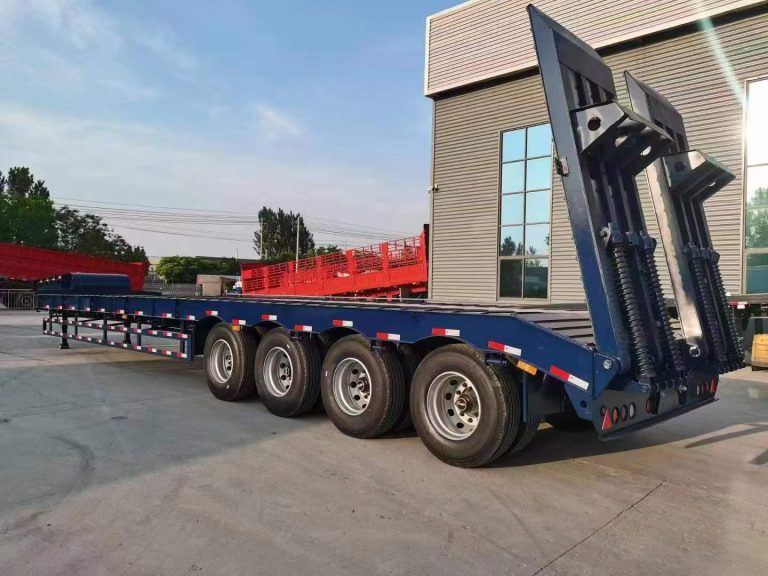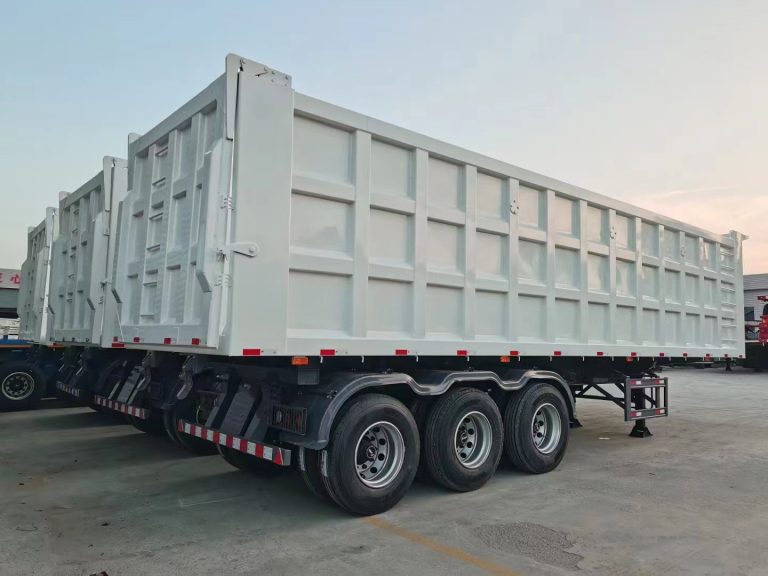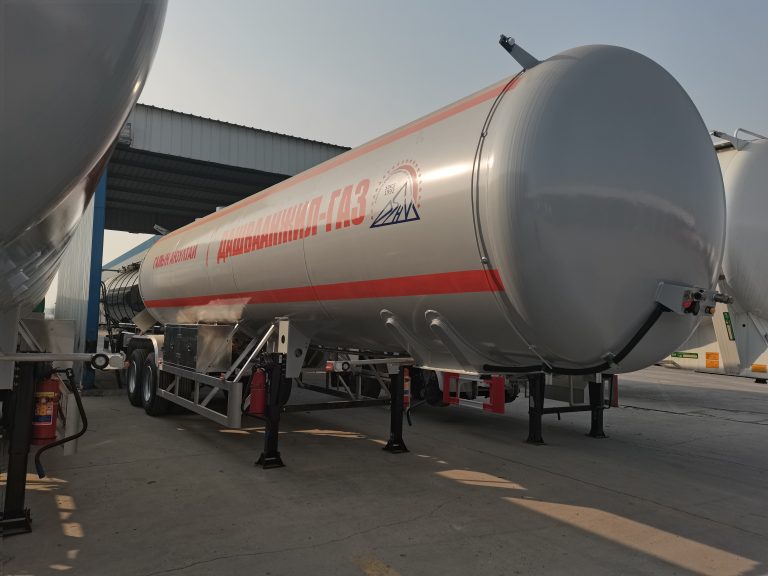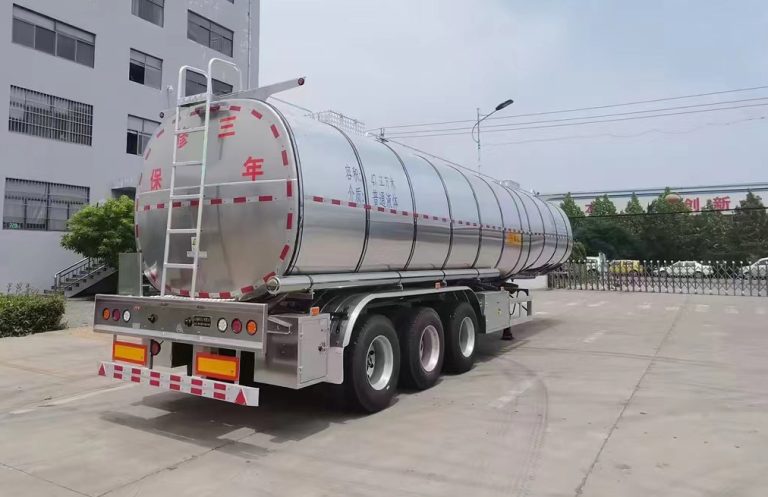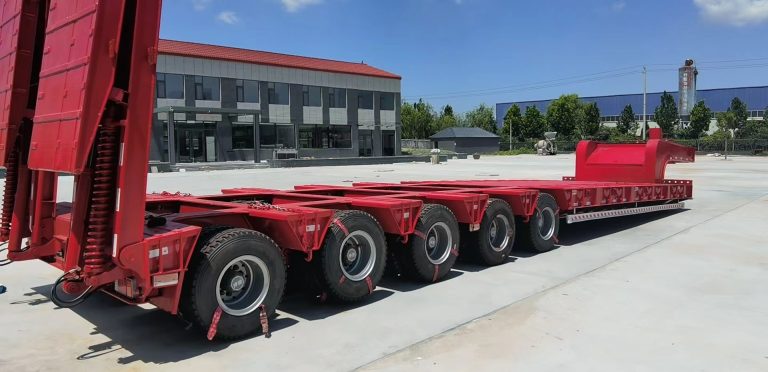To ensure the materials used in tanker trailers are eco-friendly, several strategies can be employed based on the information from the search results:
- Use of Sustainable Materials: The selection of materials plays a crucial role in the eco-friendliness of tanker trailers. Stainless steel, aluminum, and high-strength steel are common materials used in the construction of tanker trailers . Stainless steel is resistant to corrosion and is often used for transporting chemicals and food-grade products, while aluminum is lightweight and corrosion-resistant, making it suitable for fuel tank trailers . High-strength steel is known for its strength and lower cost, making it a traditional choice for fuel tankers .
- Renewable and Recycled Materials: The use of renewable or recycled materials in the construction of tanker trailers can significantly reduce the environmental impact. Composite materials, such as fiberglass-reinforced plastic (FRP), are lightweight, strong, and highly resistant to corrosion, making them suitable for transporting temperature-sensitive liquid fuels . The use of recycled materials not only reduces waste but also conserves natural resources .
- Low Pollution Materials: Choosing materials that produce fewer pollutants during their production and disposal can help minimize the environmental footprint. Natural materials and those with low embodied energy are preferred for their lower pollution potential .
- Environmental Certifications: Opting for materials that have environmental certifications, such as FSC certification for wood or other eco-labels, ensures that the materials meet certain environmental standards and are sourced sustainably .
- Biodegradable Materials: The use of biodegradable materials can reduce plastic pollution and environmental impact. These materials break down naturally over time, reducing landfill waste .
- End-of-Life Considerations: Designing tanker trailers with end-of-life in mind is crucial. Materials should be chosen for their recyclability and ease of disposal to facilitate a circular economy and reduce waste .
- Energy Efficiency: Selecting materials that contribute to the energy efficiency of the tanker trailer can reduce fuel consumption and associated emissions. Lightweight materials like aluminum can enhance payload capacity and improve transportation efficiency .
- Innovation in Materials: Embracing innovative materials and technologies can lead to more sustainable solutions. For example, the use of geosynthetics made from renewable or recycled materials can provide long-lasting solutions with reduced environmental impact .
By considering these factors, the design and manufacturing of tanker trailers can be made more environmentally friendly, reducing their overall impact on the planet.
